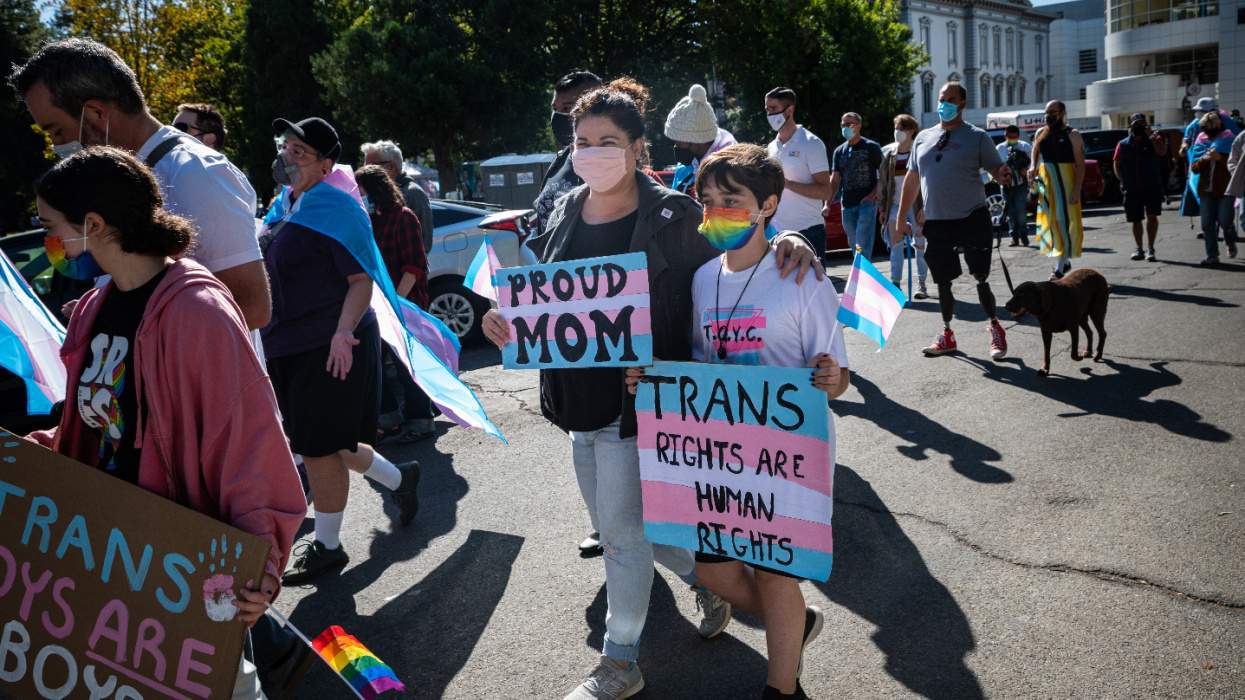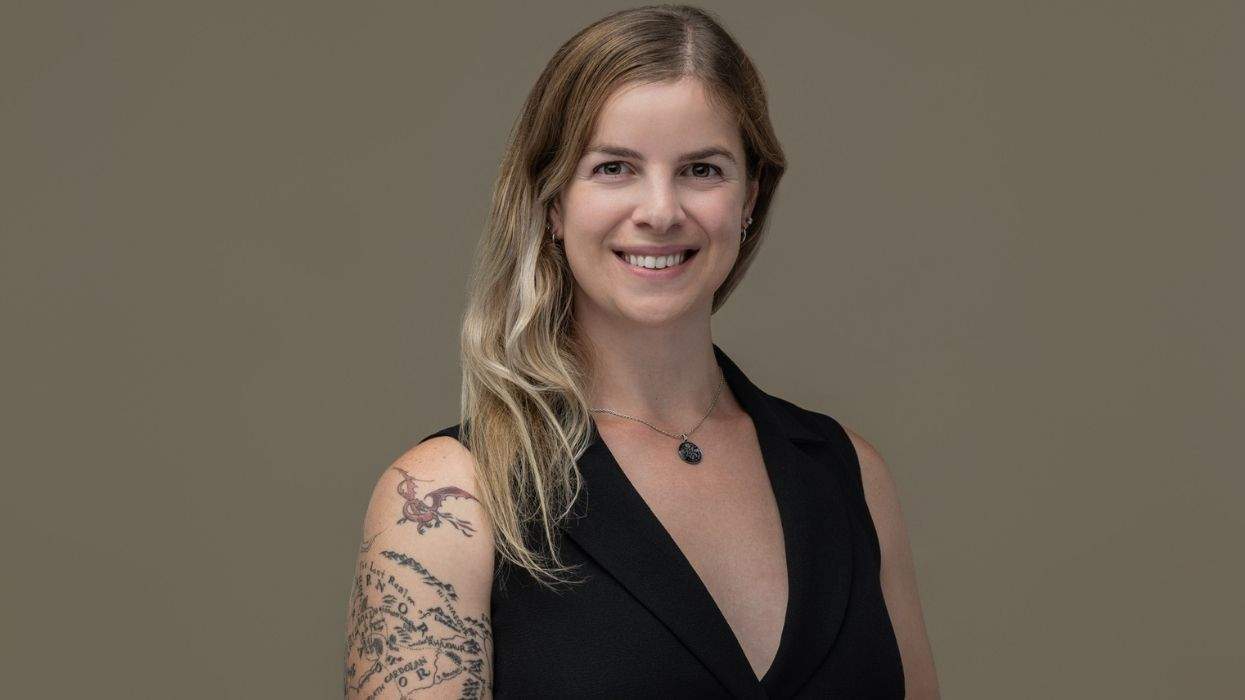In a landmark decision for the human rights of undocumented, transgender asylum-seekers with felony records, a three-judge panel of the Ninth Circuit Court of Appeals declared Thursday that Edin Carey Avendano-Hernandez, an undocumented trans woman from Mexico, must be granted the right to stay in the United States because she will "more likely than not" be tortured if she is returned to her home country.
In Edin Carey Avendano-Hernandez v. Loretta E. Lynch, Judge Jacqueline Nguyen lambasted U.S. immigration officials for their transphobic treatment of Avandano-Hernandez. Nguyen was the first Vietnamese-American woman ever appointed to the Los Angeles County Superior Court and the first Vietnamese-American federal judge appointed by President Obama, in 2009. Earlier, the Board of Immigration Appeals rejected Avendano-Hernandez's immigration request on the grounds that her felony drunk driving conviction invalidated her appeal for humanitarian asylum.
Avendano-Hernandez came to the United States as an undocumented worker in 2000, after claiming to have been raped and assaulted by her relatives, according to Mexico's El Universal newspaper. She began hormone therapy and presenting as the woman she knows herself to be in 2005. A year later, after driving drunk on two occasions and injuring two individuals in a crash, she was given a felony conviction for drunk driving, and served one year in jail. In 2007 she was deported to Mexico.
After suffering more mistreatment in Mexico, Avendano-Hernandez returned to the U.S. and appealed for asylum under the protections afforded disenfranchised refugees in the United Nations Convention Against Torture.
The three-judge panel's ruling in the case calls out the transphobia of the immigration judge who initially considered Avendano-Hernandez's plea for asylum, maintaining that the judge "failed to recognize the difference between gender identity and sexual orientation, refusing to allow the use of female pronouns because she considered Avendano-Hernandez to be 'still male,' even though Avendano-Hernandez dresses as a woman, takes female hormones, and has identified as woman for over a decade."
The decision also criticizes immigration officials: "Although the [Board of Immigration Appeals] correctly used female pronouns for Avendano-Hernandez, it wrongly adopted the [judge's] analysis, which conflated transgender identity and sexual orientation. The BIA also erred in assuming that recent anti-discrimination laws in Mexico have made life safer for transgender individuals while ignoring significant record evidence of violence targeting them."
Writing for the three-judge panel, Nguyen notably identifies the rape and sexual assault of transgender individuals as a form of torture.
While some may argue that Avendano-Hernandez's felony conviction should invalidate her right to seek asylum, the court's recognition of systemic violence and discrimination against transgender individuals points to the reality that more than 50 percent of transgender women and men suffer from anxiety and depression, according to a study by the Journal of Consulting and Clinical Psychology, and a quarter of transgender individuals are estimated to suffer from alcohol and substance abuse.















Charlie Kirk DID say stoning gay people was the 'perfect law' — and these other heinous quotes
These are some of his worst comments about LGBTQ+ people made by Charlie Kirk.